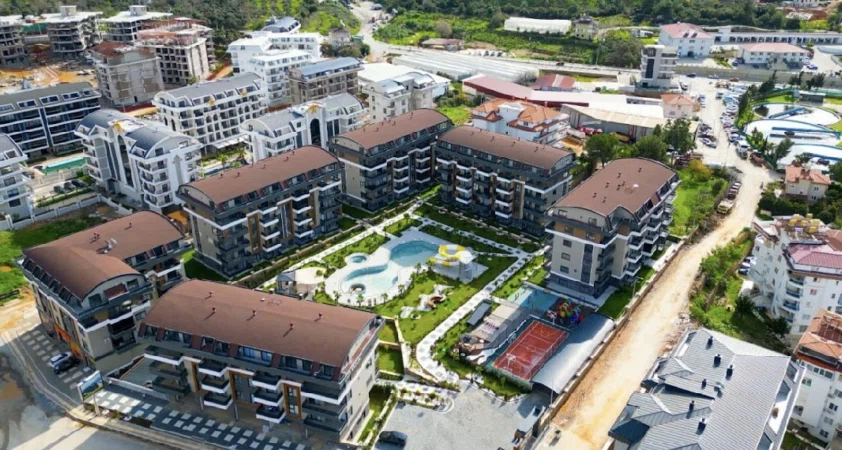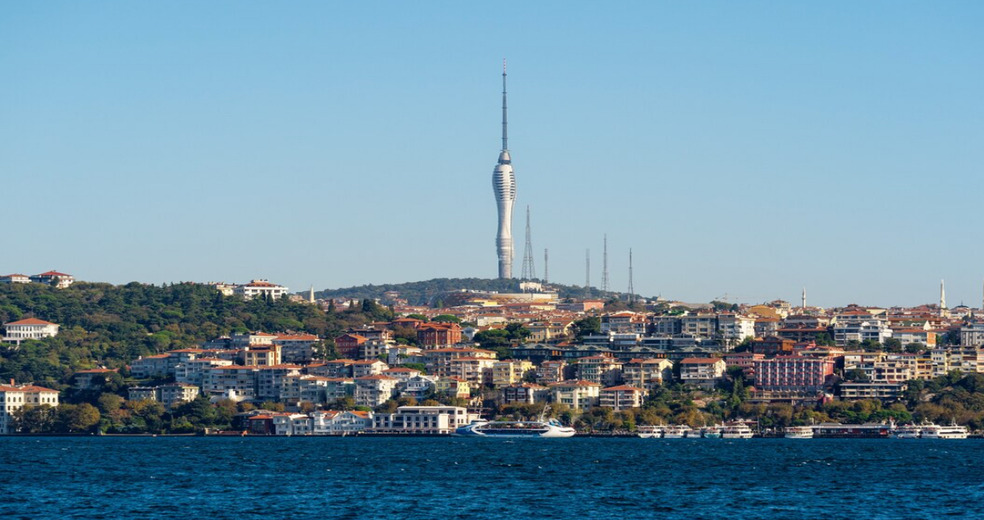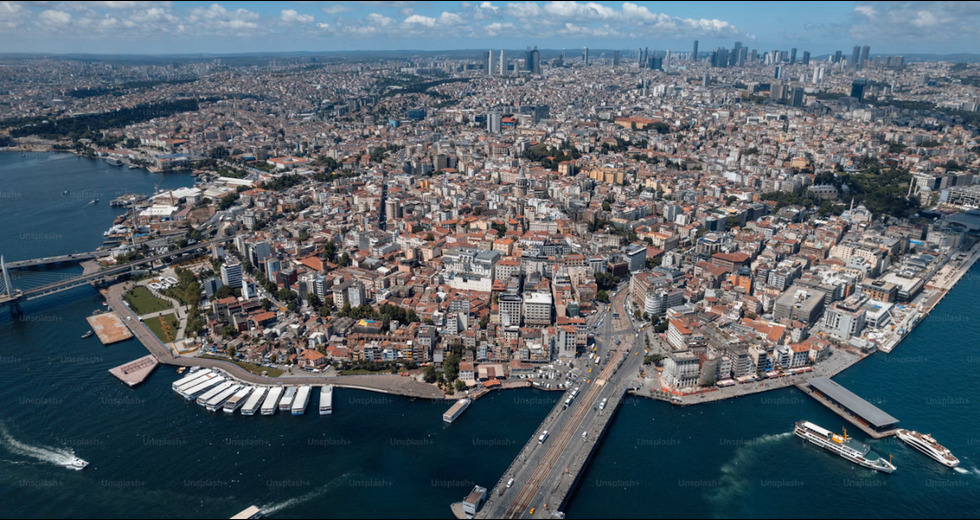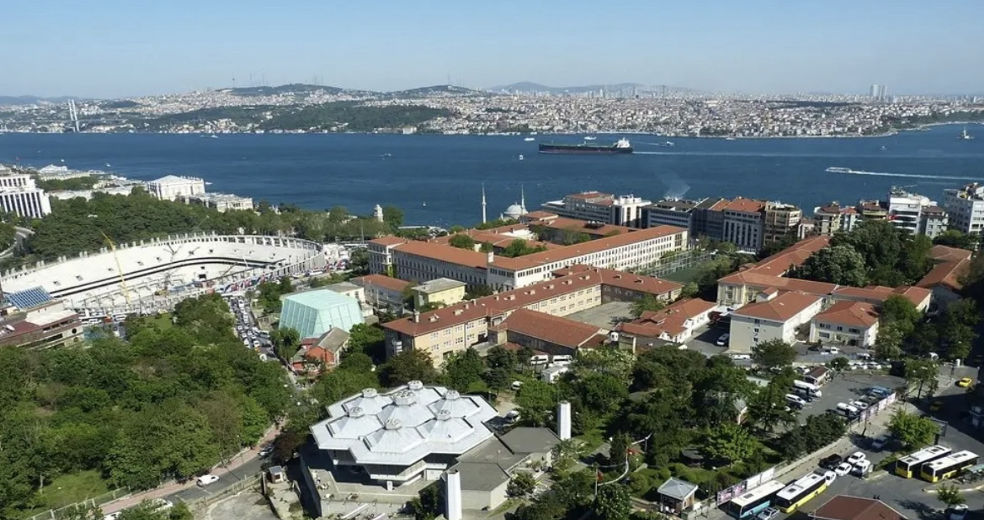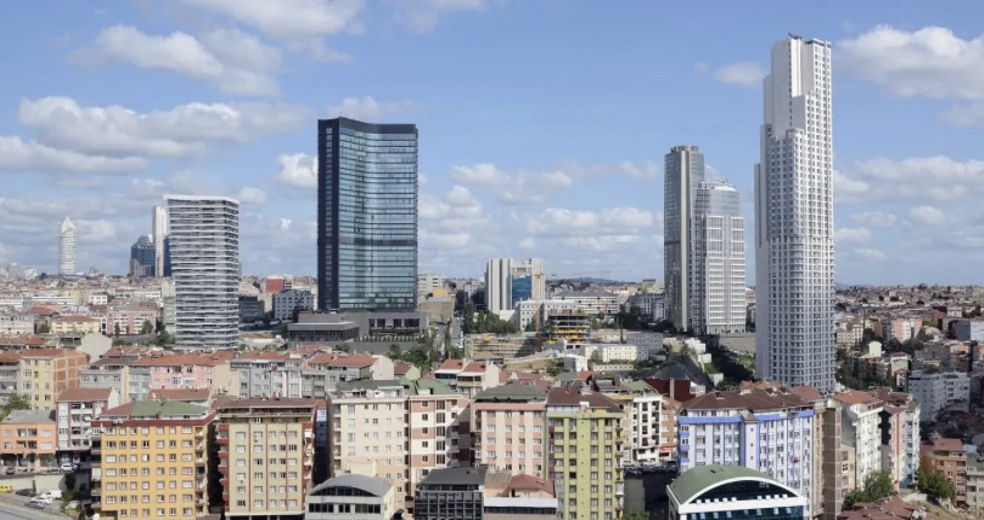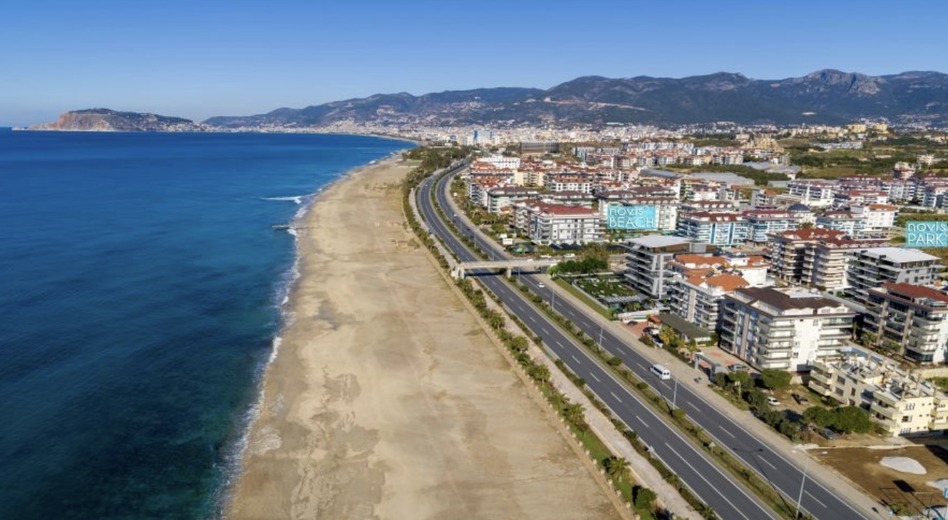Turkish Airlines' Soaring Passenger Numbers: A Key Indicator for Turkish Real Estate
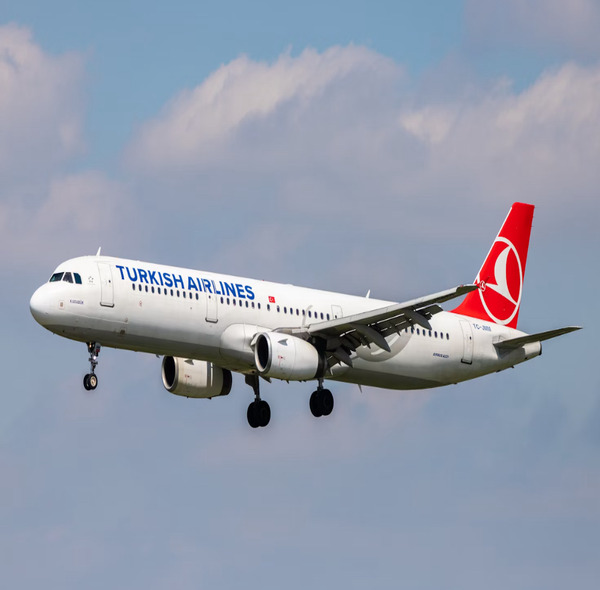
Just as a bustling city signals a robust housing market, Turkish Airlines' (THY) continued passenger traffic growthpaints a promising picture for Turkey's real estate sector. The national flag carrier announced it transported 6.77 million passengers in January 2025, an impressive 8.2% surge compared to the same period last year. This isn't just about air travel; it's about increasing demand for accommodation, tourism infrastructure, and potential property investment.
Domestic and International Foot Traffic Fuels Property Demand
THY's recent filing with Borsa Istanbul reveals the intricate details: of the 6.77 million passengers in January, 4.47 million were international travelers and 2.3 million were domestic. This translates to a 4.9% rise in domestic passengers and a substantial 10% jump in international passengers year-over-year. What does this mean for real estate? More visitors, both from within Turkey and abroad, lead to:
Increased short-term rental opportunities: Think Airbnb and boutique hotels.
Higher demand for holiday homes: Especially in popular tourist destinations.
Potential for commercial property growth: As businesses cater to more travelers.
Furthermore, the improved average passenger load factor, from 80.3% in January 2024 to 82.4% in January 2025, signifies more efficient use of capacity, translating to more people on the ground impacting local economies and real estate markets.
Expanding Fleet and Destinations: Laying Foundations for Future Growth
THY's strategic expansion is a direct stimulant for real estate development. The airline's fleet has grown from 440 to 477 aircraft, and its network of destinations has expanded from 340 to 352 within a year. This isn't merely about adding planes; it's about:
Opening up new investment corridors: New direct flights to places like Auckland, Charlotte, Minneapolis, Orlando, and Philadelphia could attract international buyers and businesses.
Boosting demand for hospitality assets: More routes mean more hotel stays, serviced apartments, and long-term rentals for expatriates.
Driving infrastructure development: Airports and their surrounding areas often see a boom in commercial and residential properties.
The 9.5% year-over-year boost in seat capacity to 98,364 in January 2025 further underlines this growth trajectory, indicating a clear expectation of continued inbound traffic.
2024's Momentum Sets the Stage for 2025 Real Estate Prospects
Looking back, 82.5 million total passengers traveled with Turkish Airlines in 2024, a 2.1% increase from 2023. This strong baseline, with 54.6 million international travelers and 30.6 million domestic, suggests a consistent and growing influx of people who need places to stay, work, and potentially invest. The airline anticipates even higher numbers in 2025, which could translate into sustained upward pressure on various real estate segments across Turkey.














